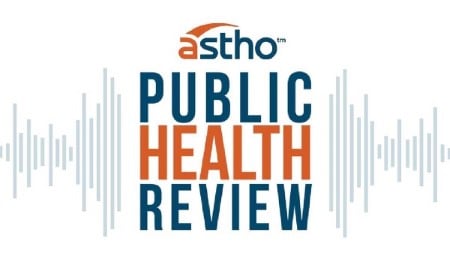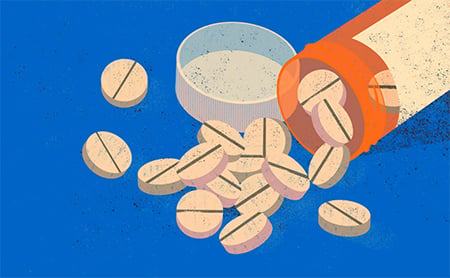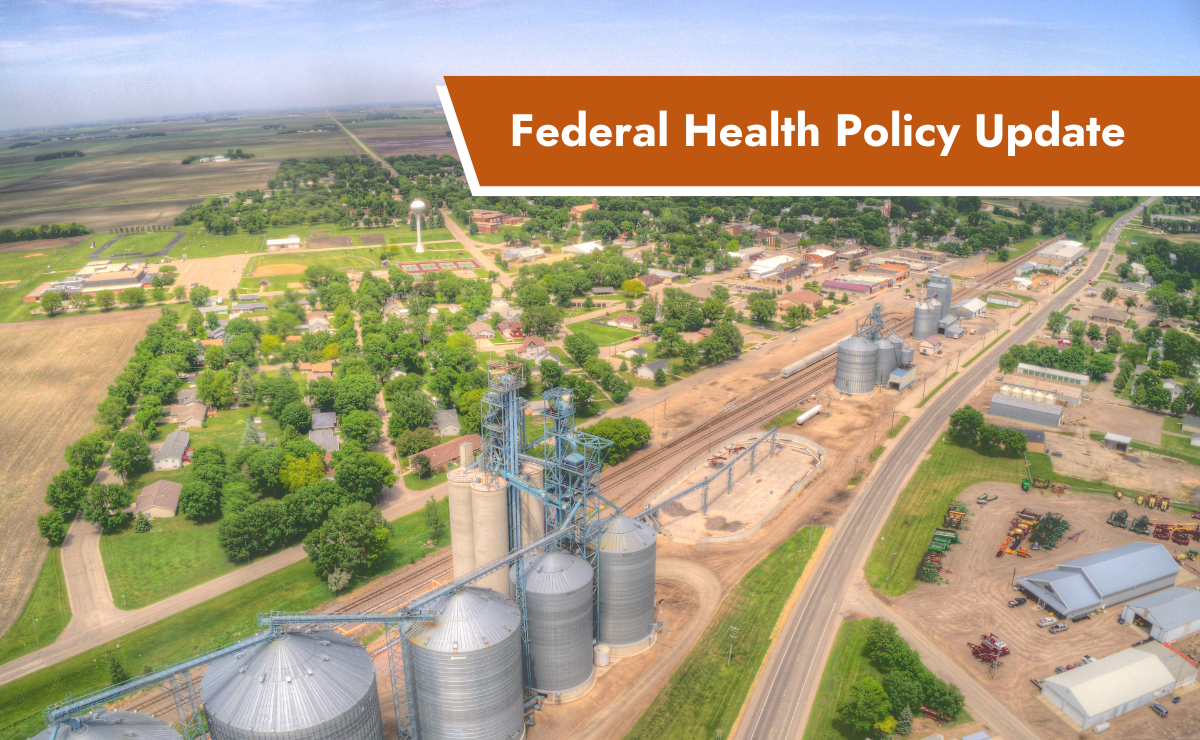ASTHO is committed to helping state and territorial health agencies advance health equity. To achieve this, public health agencies and their partners must advocate for changes that maximize health and address inequities — inequities that exist among groups based on geographic location, income, education, race, ethnicity, gender, sexual orientation, and disability.
ASTHO helps health agencies reduce these inequities by focusing on structural racism and discrimination as a public health issue and highlighting governmental efforts to better allocate resources that influence well-being.
Our core priorities, illustrated in the resources below, include supporting community-led strategies, building a diverse public health workforce that can advocate for needed change, and advancing policies that foster optimal health for all.
Related topic:
Featured

The Health Equity Divide: Chronic Disease and COVID-19
This episode of Public Health Review features chronic disease and health equity experts discussing the impact of COVID-19 on people with chronic disease.

Advancing Health Equity Through Immunization
This report details the role immunization plays in reducing health disparities, informed directly by conversations ASTHO held with state equity and immunization leaders.

COVID-19 and Health Equity: Response and Recovery Tele-Townhall (YouTube)
ASTHO convened national equity partners to discuss their COVID-19 response strategies and challenges.
Latest Health Equity Resources


Responding to Disruptions in Access to Controlled Substance Medications: A Guide for State Health Departments and Their Partners
Learn More


Federal, State, and Stakeholder Perspectives on the Rural Health Transformation Fund
Learn More

Insights from Executive Leadership Coaching for Public Health and Community Leaders
Learn More
Tobacco Use in King County Washington: A Medicaid Data Analysis Report
Learn MoreCollaborations
The health equity team leads a learning community comprised of state and territorial health equity and office of minority health directors to foster information sharing and peer learning on promising practices, challenges, and resources that support advancing equity at their agencies.
ASTHO, the American Public Human Services Association, and Casey Family Programs launched a learning community for child and family human services leaders and public health officials to provide them the opportunity to strengthen cross-agency partnerships and implement prevention strategies for children ages 0-3.
ASTHO is a member of Racism as a Public Health Crisis Research Collaborative, a network of public health professionals including attorneys, researchers, and communications and policy specialists designed to connect partners working to address racism as a public health crisis.
ASTHO collaborates with a diverse group of stakeholders ranging from philanthropy, non-profit, academia and health care, including:
- National Association of State Offices of Minority Health
- CDC Office of Minority Health and Health Equity
- The National Collaborative for Health Equity
- Human Impact Partners
- Michigan Public Health Institute